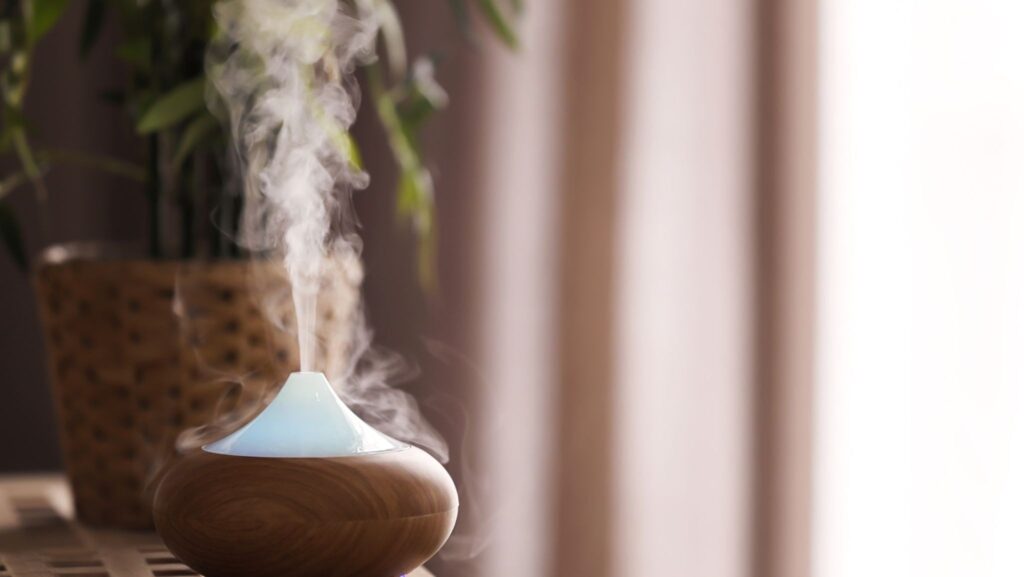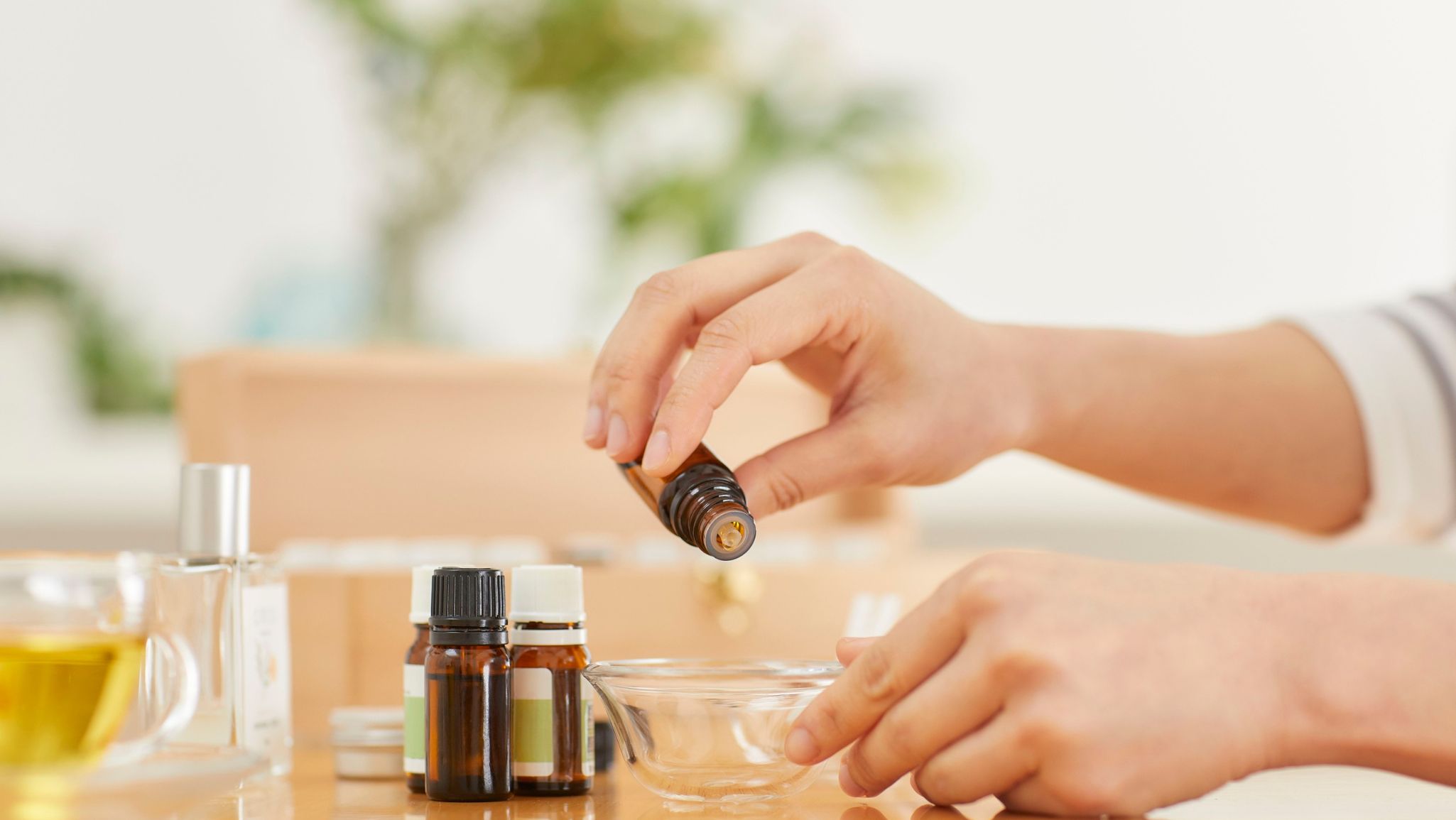Our sense of smell is one of the most powerful yet often overlooked tools for shaping our mood, energy, and overall well-being. Unlike other senses, smell has a direct line to the brain’s limbic system—the center of emotion and memory—meaning aromas can influence how we feel almost instantly. By strategically using scents throughout the day, we can create a natural rhythm that enhances alertness in the morning and promotes calm in the evening. This concept of using aromas to shape our day is both accessible and deeply effective, blending the ancient practice of aromatherapy with modern lifestyle habits.
Morning Boosts: Energizing Aromas to Start the Day
The morning sets the tone for the entire day. A groggy or sluggish start can ripple into stress, distraction, and fatigue. Aromas, however, can serve as gentle stimulants that awaken the senses, sharpen focus, and invigorate the body.
Citrus scents like orange, grapefruit, lemon, and bergamot are especially effective as morning energizers. Their bright, zesty fragrances have been shown in multiple studies to boost mood, enhance cognitive performance, and reduce perceived fatigue. The scent of lemon, for example, can improve attention and reaction time, making it an ideal companion for early morning routines. A few drops of essential oil in a diffuser while preparing breakfast or adding a citrus-based room spray to your workspace can provide a subtle but powerful energy lift.
Peppermint is another aroma known for its stimulating properties. Its crisp, refreshing scent has been linked to increased alertness and mental clarity. Rubbing a small amount of peppermint oil on your wrists or temples—or simply inhaling from an open bottle—can help shake off morning drowsiness. Coffee enthusiasts can also take advantage of the invigorating smell of freshly brewed coffee, which alone can trigger wakefulness and enhance motivation, even before the first sip. Even in modern lifestyle habits, products like Geek Bar vape juice offer a controlled, enjoyable sensory experience that some find complements morning routines, providing a calm, flavored inhale without nicotine.
Herbal aromas, such as rosemary and eucalyptus, further complement morning energy routines. Rosemary is associated with improved memory and concentration, making it perfect for students or professionals tackling mentally demanding tasks. Eucalyptus, on the other hand, can help open airways, supporting a deeper, more refreshing breath and boosting oxygen intake, which naturally heightens alertness.
To incorporate morning aromas effectively, consistency is key. Pairing a specific scent with your morning rituals—whether it’s showering, making coffee, or journaling—trains your brain to associate that aroma with wakefulness. Over time, the smell itself can trigger a natural sense of alertness, creating a positive feedback loop that supports productivity and mental clarity.
Evening Calm: Aromas for Relaxation and Rest
Just as certain scents can energize, others can soothe and signal the body to wind down. Evening routines benefit from aromas that promote relaxation, reduce stress, and prepare the mind and body for restful sleep.
Lavender is the quintessential scent for evening calm. Its soft, floral aroma has been extensively studied and shown to lower heart rate, reduce anxiety, and improve sleep quality. A few drops of lavender oil on your pillow, in a diffuser, or added to a warm bath can create a peaceful environment conducive to rest. The scent works not only on a physiological level but also psychologically, signaling that it’s time to slow down and release the day’s tension.
Chamomile, commonly enjoyed as a calming tea, is equally effective in its aromatic form. Its gentle, apple-like fragrance promotes relaxation and helps reduce mental chatter before bed. Similarly, sandalwood’s earthy aroma is grounding, helping to quiet a racing mind and induce a meditative state, perfect for evening reflection or light stretching.
Creating a multi-sensory evening ritual enhances the effect of calming aromas. Combining scent with dim lighting, soft music, and mindful breathing can deepen relaxation. For instance, diffusing a blend of lavender and chamomile while practicing deep breathing exercises or gentle yoga can make the transition from day to night more seamless, helping to establish a predictable and soothing routine.
Designing Your Aroma Schedule
To use scents effectively, consider structuring your day around their natural effects. Start by identifying key points in your daily routine where energy or calm is most needed. Morning rituals benefit from stimulating aromas to kick-start alertness and motivation, while evening routines benefit from relaxing aromas to ease stress and prepare for sleep.
Experimentation is part of the process. Some people may find peppermint invigorating, while others may prefer the crisp clarity of citrus. Similarly, while lavender is generally calming, some may respond better to the grounding aroma of cedarwood or the soft sweetness of ylang-ylang. Keeping a small journal to track mood, energy, and sleep quality in response to different scents can help fine-tune your personal aroma schedule.
Practical Ways to Incorporate Aromas
There are many simple ways to bring aroma into daily life:
- Diffusers: Ultrasonic or nebulizing diffusers release essential oils into the air, creating a continuous, subtle fragrance. They are perfect for both mornings and evenings, depending on the oil used.
- Inhalers and Roll-Ons: Portable and convenient, these allow you to carry energizing or calming scents throughout the day, ideal for work or travel.
- Baths and Showers: Adding essential oils to bathwater or shower steam can amplify the therapeutic effects of morning invigoration or evening relaxation.
- Room Sprays: Quick and flexible, sprays can refresh a space instantly, whether it’s a burst of citrus for motivation or lavender to soothe before bedtime.
- Textiles: Infusing pillowcases, blankets, or sleep masks with calming scents enhances nighttime routines, creating a sensory association between the scent and rest.
The Science Behind Aromatic Influence
Research on aromatherapy supports the idea that scents can significantly influence mood, stress levels, and cognitive performance. For example, studies have found that inhaling peppermint improves alertness and memory, while lavender reduces anxiety and enhances sleep quality. These effects are largely mediated by the olfactory system’s direct connection to the limbic system, which governs emotions and memory. This neural pathway explains why certain scents can evoke vivid memories or instantly alter mood, making aroma a powerful tool for shaping daily experiences.
Conclusion
Harnessing the power of aromas offers a natural, non-invasive way to structure your day, enhancing energy in the morning and promoting calm in the evening. By integrating scents like citrus, peppermint, rosemary, lavender, chamomile, and sandalwood into daily rituals, you can create a subtle yet profound influence on mood, productivity, and sleep quality. Whether it’s starting the day with a burst of citrus or ending it with the soothing floral notes of lavender, the thoughtful use of aromas allows you to work with your body’s natural rhythms rather than against them.

In a world filled with artificial stimulants and digital distractions, the simple act of inhaling a scent can be both grounding and revitalizing. Morning boosts and evening calm, guided by carefully chosen aromas, not only enhance daily performance but also enrich life with mindful, sensory pleasure. The journey toward a more balanced and harmonious day may be as simple as taking a deep breath—and letting the aroma guide you.

